Vegan Diets and Benefits – Attacking Greenhouse Gas Emissions
As an Amazon affiliate I earn from qualifying purchases at NO extra cost to you
If your dietary patterns are anything like mine, you have probably tried or sampled every diet in the book. Welcome to the yo-yo diet club. After a while, it becomes boring, so you end up back at square one. What I’ve learned from experience, is that dieting involves mindset. Even seeking a vegan diet and benefits starts with a change of attitude. 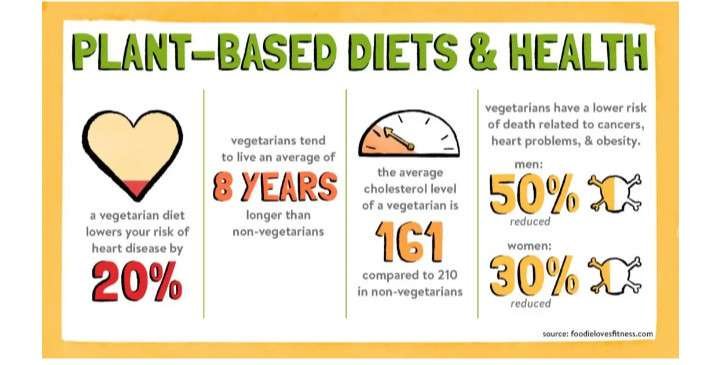
Vegan Diet and Benefits
For starters, take a good look at your overall lifestyle. Make a list of what you are eating, why you are eating and when you are eating. As we discuss the vegan diet and benefits thereof, you will understand that this is not just a diet; it is a committed lifestyle and way of life. The vegan diet has many layers.
What is a Vegan Diet?
A vegan diet is very similar to a vegetarian diet, but it goes one step further. This diet excludes meat, dairy, and all other foods that are derived from animals. According to a 2018 Gallop poll, about 3% of Americans identify as vegan (5% say they are vegetarian. This means that they consume dairy or other animal products, but not meat, poultry, fish, or seafood). Vegan lifestyles is about ethic.
The Vegan Ethic
The word “Vegan” was coined in 1944 and the vegan ethic was defined as “a way of living which seeks to exclude all forms of exploitation of, and cruelty to, animals for food, clothing, and any other purpose.” Let’s examine the vegan diet and explore the many benefits.
Vegan Diet and Benefits
When done right, there are many benefits to a vegan diet. It not only is supportive of animal rights and environmental issues, but it has other health benefits as well. This diet: 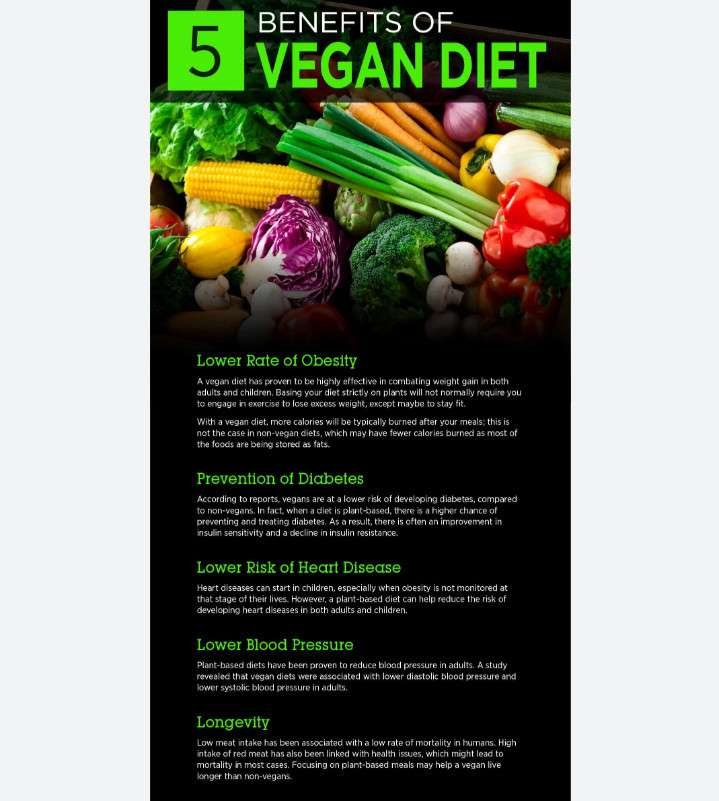
- Promotes weight loss
- Reduces heart disease
- Lowers the chances of cancer
- Lowers A1C levels
Prevents Overpopulation
It’s estimated that the world’s population will increase by two billion people by 2050. However, there won’t be enough water to grow the amount of food required to feed them. About 70% of available water is used for agricultural purposes, and animal-based food production uses up to 10 times more water plant-based food production. Being vegan prevents animal cruelty.
Prevents of Cruelty to Animals
Eating a vegetarian or vegan diet allows farmers to allocate resources more efficiently to produce enough food for our growing population. Following a vegan dietary pattern is about maintaining a longer, healthier lifestyle. In the longer term, it will prevent the cruelty to animals, and at the same time will positively affect the environment.
Environmental Impact of a Vegan Diet
Animal agriculture is responsible for 14.55 or more of greenhouse gas emissions, one of the most significant contributors to climate change. It is also a leading cause of deforestation, which destroys animal habitats and releases carbon into the atmosphere. This contributes to climate change. What do millennials think about veganism? Link ###
Millennials Going Plant-Based
According to a 2019 article in the Economist, 25% of 25 to 34-year-old Americans say they are vegans or vegetarian. In fact, the interest in vegans hit an all-time high in 2020, according to a report by the food-focused website Chef’s Pencil. Becoming vegan is not that complicated. Let’s exam what you can expect.
What To Expect on a Vegan Diet?
Before you decide to take a plunge into a vegan diet, you must do some research. This is the most restrictive diet of all diets and there is a right and wrong way to incorporate a vegan diet. Another issue is that you must be able to handle the diet restrictions by adding the right food substitutes. Also, be aware that your body will undergo a few biological changes such as: 
Biological Changes
As your body adjusts from a meatless diet, there is a shift in bowel function either towards a more regular healthy pattern or an increased bloating, wind, and loose motions. In addition, your body chemistry will change. You will not need to use deodorant in many cases.
Gut Bacteria Will Change
There are important lifestyle adjustments in a vegan lifestyle.
Skin Changes in Skin Pigmentation
Beta-carotene found in vegetables like carrots, sweet potatoes, tomatoes, and cantaloupe can create a change in the skin pigmentation. Studies have proven this. On a vegan diet, you can skip the spray tans. You can also stop eating so much of these beta-carotene veggies.
Combats World Hunger
Land that’s currently used to feed animals could be used to grow nutritious food for people instead. Since science proves that humans do not need meat to survive, let’s see what vegans do to get their protein fix.
How Do Vegans Supplement Protein?
Just so you know, there is so ample protein in plant-based foods. Contrary to popular opinion, we do not need animal protein to survive. There are foods that are packed with nutritious protein. For example, beans, legumes, tofu, quinoa, seitan, and many other vegetables are chock-full of protein. Vegans also bake without animal products.
Vegans Bake Without the Key Ingredients
There are many ways to bake without using butter, milk, and eggs. There are ways to supplement the key binding ingredients in baking by using chia or flaxseeds instead. In addition, there are healthy dairy-free alternatives for butter and milk. These substitutes are not animal-derived sources for baking. Not only s is baking important to vegans, but community is also vital. 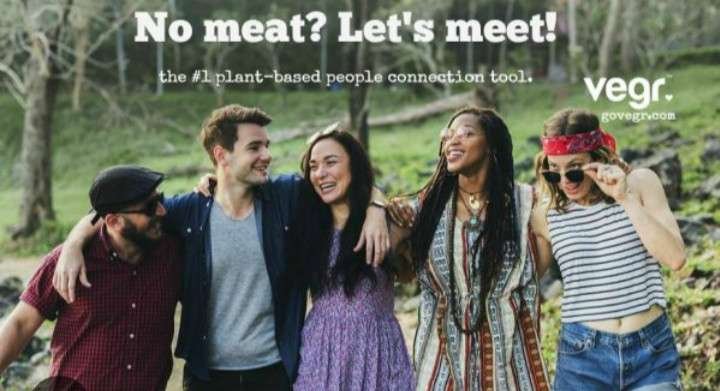
Connection With Community is Key
Another good way to stay on tract is to connect with other like-minded people in your community. You never want to go it alone on any type of diet. Diet restrictions are embarrassing at restaurants when you must ask about specific ingredients or allergens. However, there are lots of online information regarding a vegan lifestyle.
Being vegan, is not that uncommon. Having someone to talk to is quintessential. Connect with other vegans and your transition will be a lot easier. Also, visit your local library. They always have endless information on vegans and their lifestyle. However, if you are looking to lose weight on the vegan diet, proceed with caution. Although veganism comes with slew of benefits, there are certain challenges you will face. For example:
- Veganism doesn’t automatically result in weight loss
- Vegans face the same weight loss challenges as non-vegans in terms of overeating, stress eating, and thought distortions that sabotage your success (Noom).
The key to success on any diet is to improve your relationship with food, address your emotional side of eating, maintain healthy eating habits and connect with the vegan community. The next key is to monitor your incoming calories assiduously.
Final Thoughts
More and more people are throwing in the towels in terms of the Standard American Diet. People have done their research and are learning how to incorporate healthier dietary patterns. In fact, Hollywood celebrities are grasping a plant-based diet at alarming rates. Looks like the vegan lifestyle is here to stay. For the most part, it is a healthy lifestyle, it protects animals and simultaneously, saves the environment. 
Thank You
If you have reached this part of the post, this, in and of itself, tells me that you have an interest in this topic. Please let me know your thoughts related to this article. I would love to hear from you. Also, feel free to share this post with friends and family and be sure to leave your questions and comments below. I will do my best to answer you as soon as possible.
Rachele, Founder
Web: mybluegenes.com
Email: rachele@mybluegenes.com


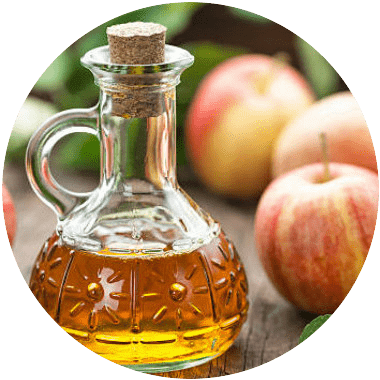

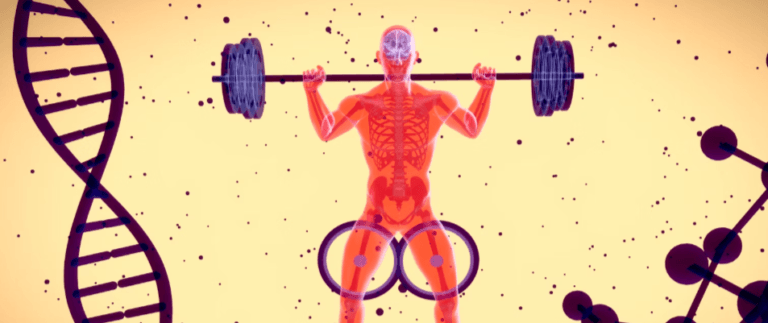
I always had trouble with the vegan diet but that was because for some time, people were misinformed and didn’t supplement proteins correctly or at the right amount (I have a doctor friend).
I believe now, people are better informed and thus can live healthily without animal proteins. Though you have to pay attention to calcium in dairy products.
However, I always had doubt concerning children… Is it really healthy for them?
Diane,
You are so right about misinformation. Regardless of whatever diet we are on, we still need to make sure we are getting the proper amounts of vitamins, minerals, antioxidants and other nutrients. People seem to be gravitating to a plant-based diets for different reasons. So, it is quintessential to educate, educate, educate.
In terms of children, their parents need to first consult with their pediatrician to make sure their child will benefit from a meatless diet. Children need healthy, nutritional foods and they need a well-balanced diet to support for their growing bodies, and they need sustenance to build their bones and muscles.
Wishing you a Happy, Joyous Holiday!
Rachele